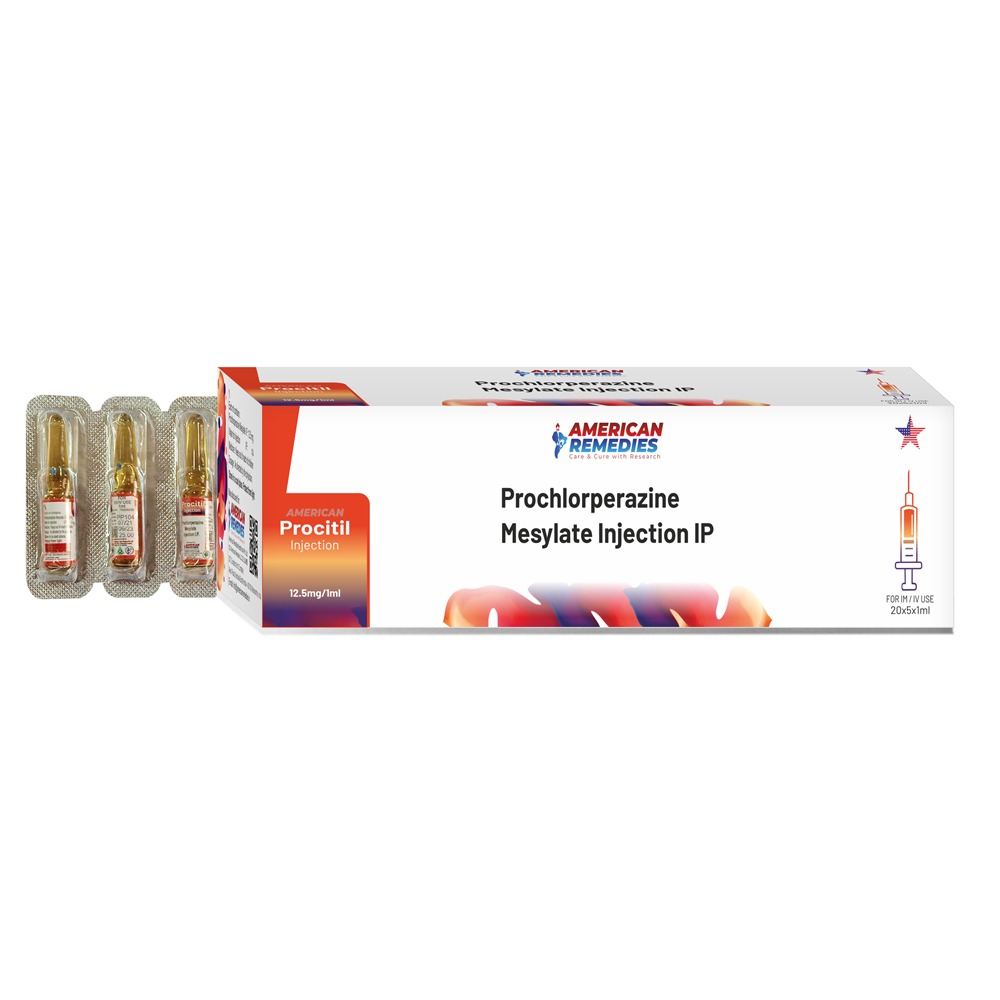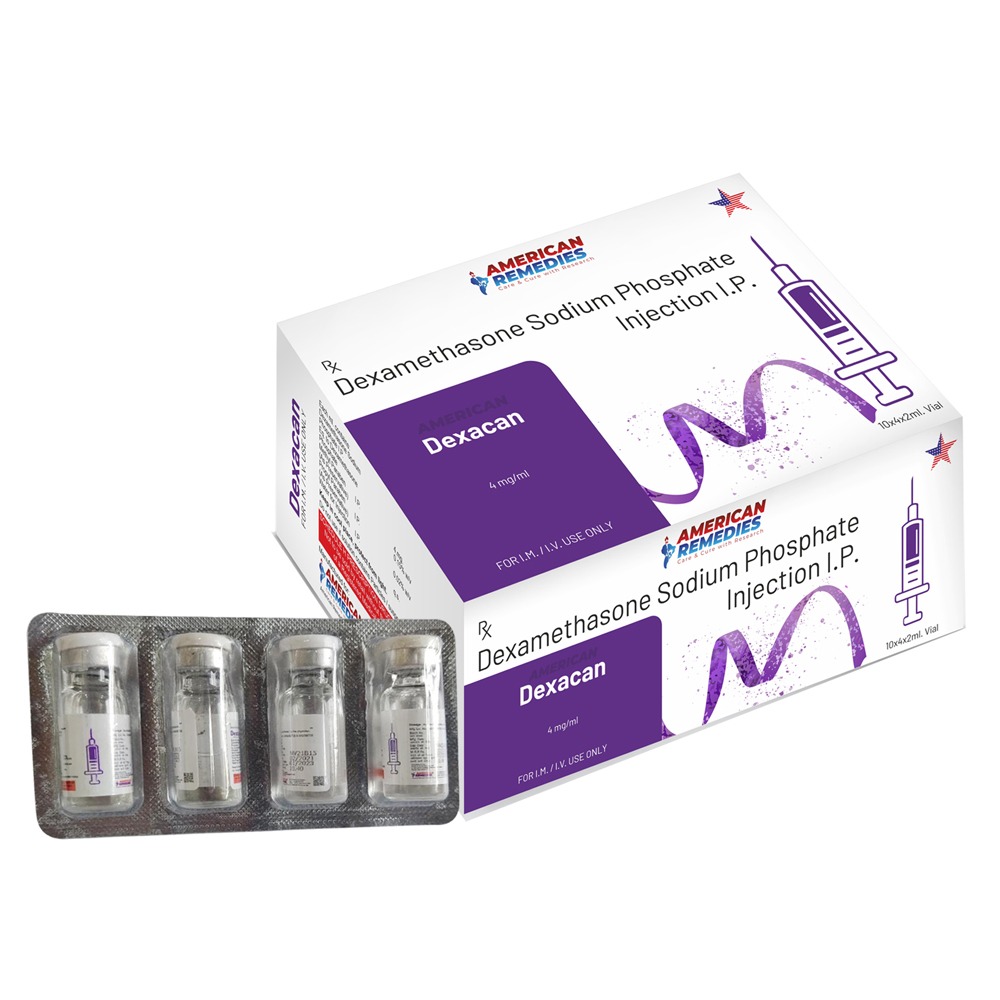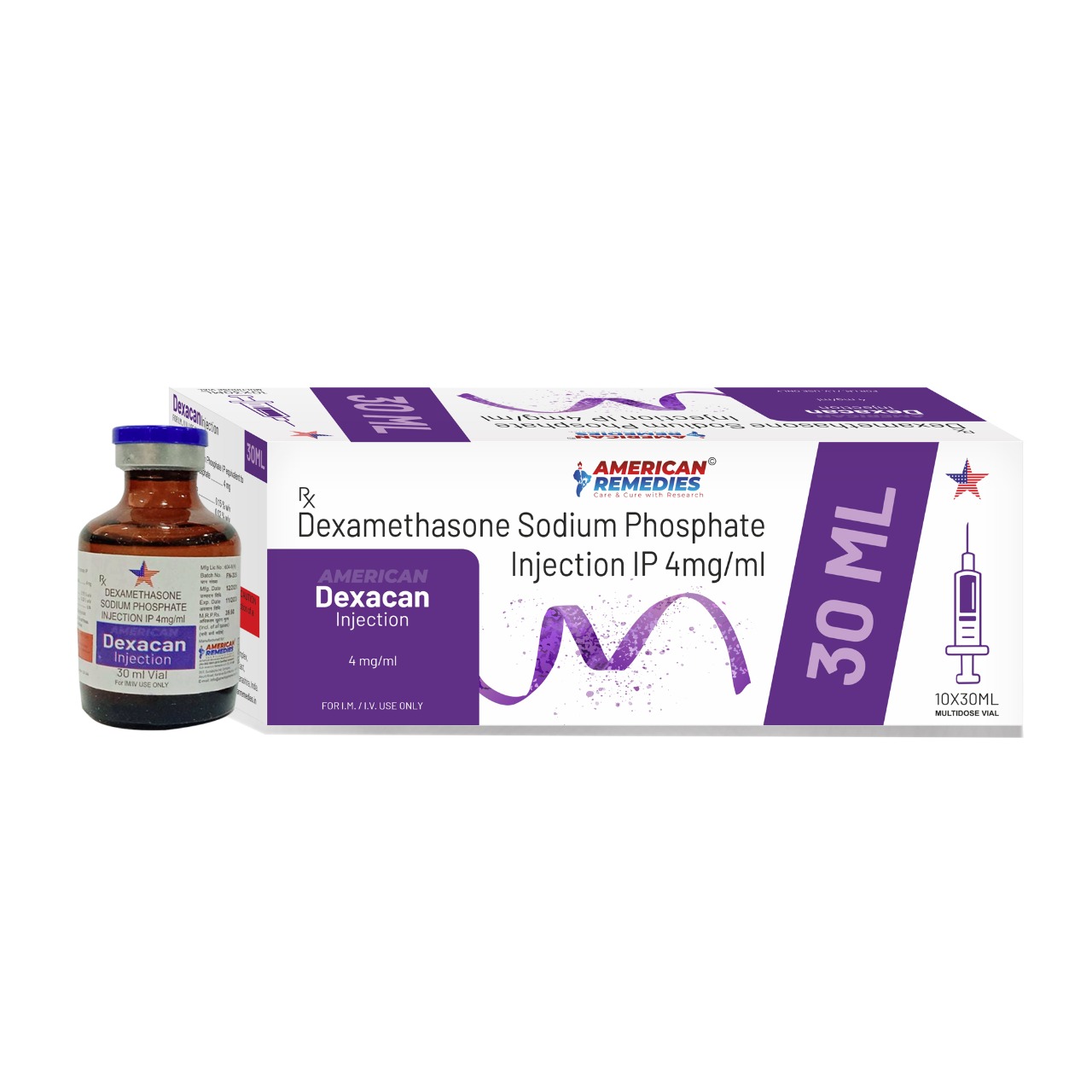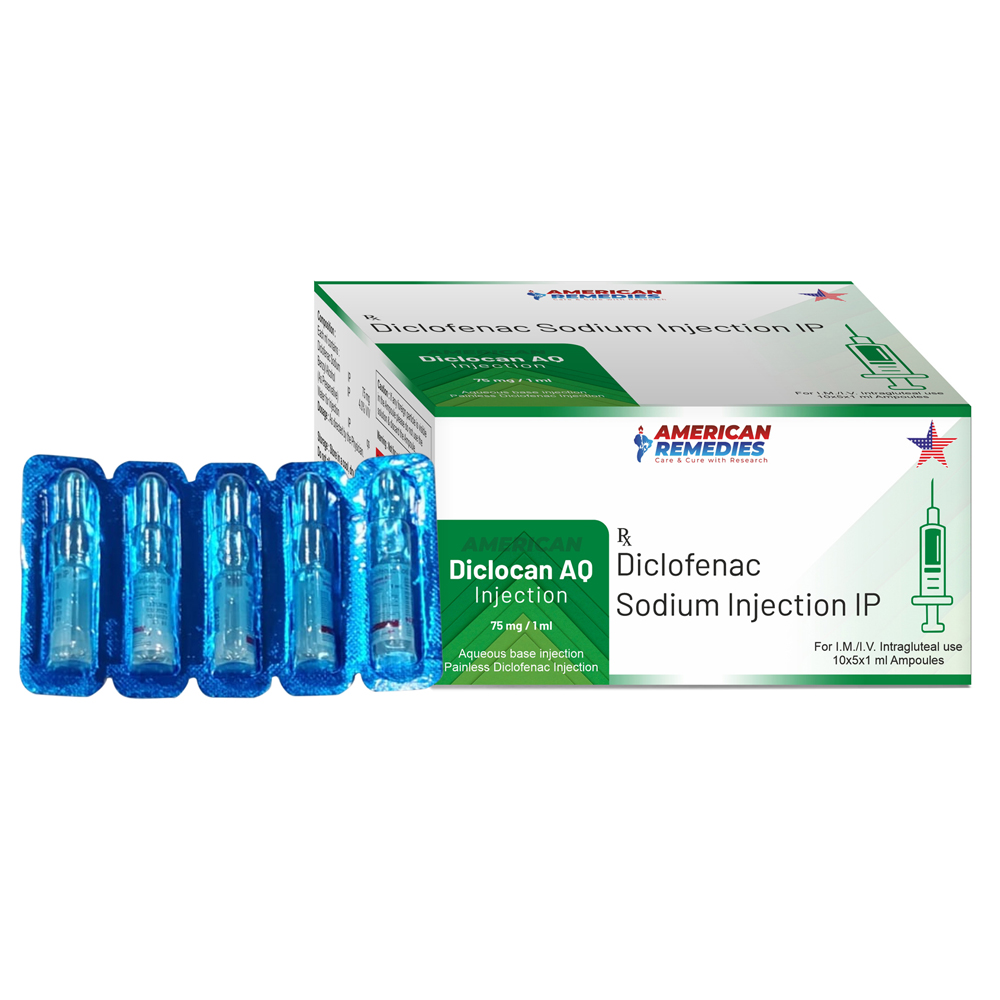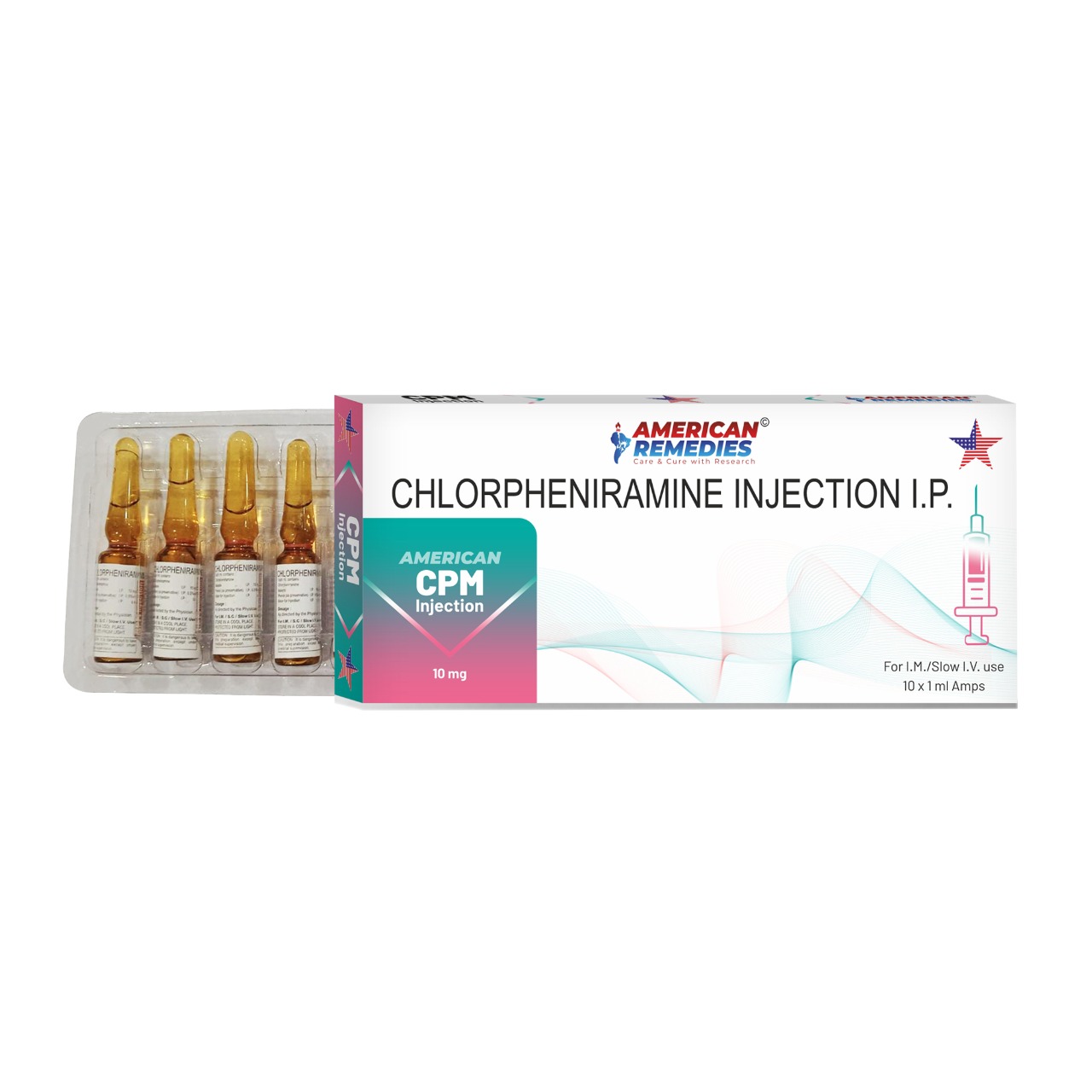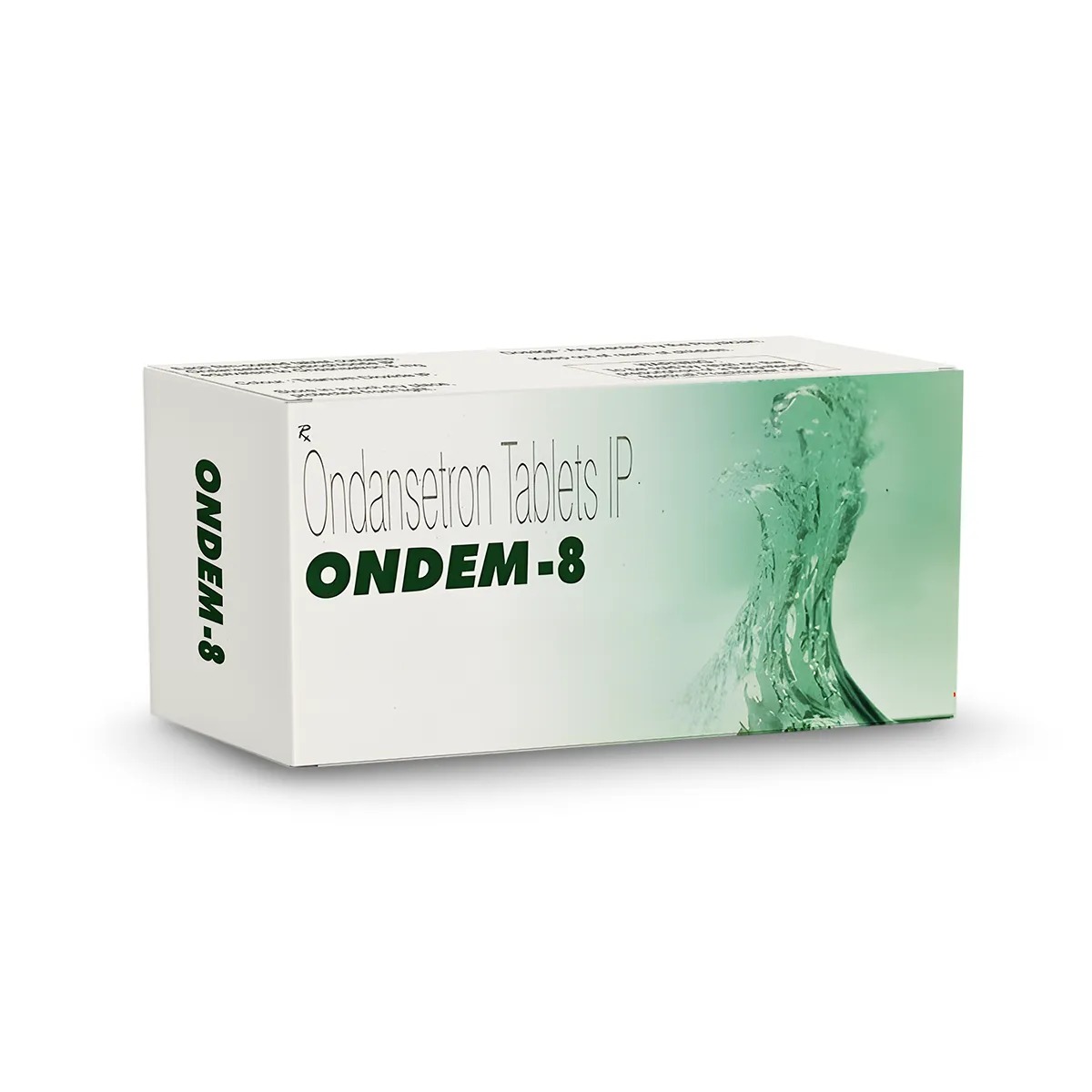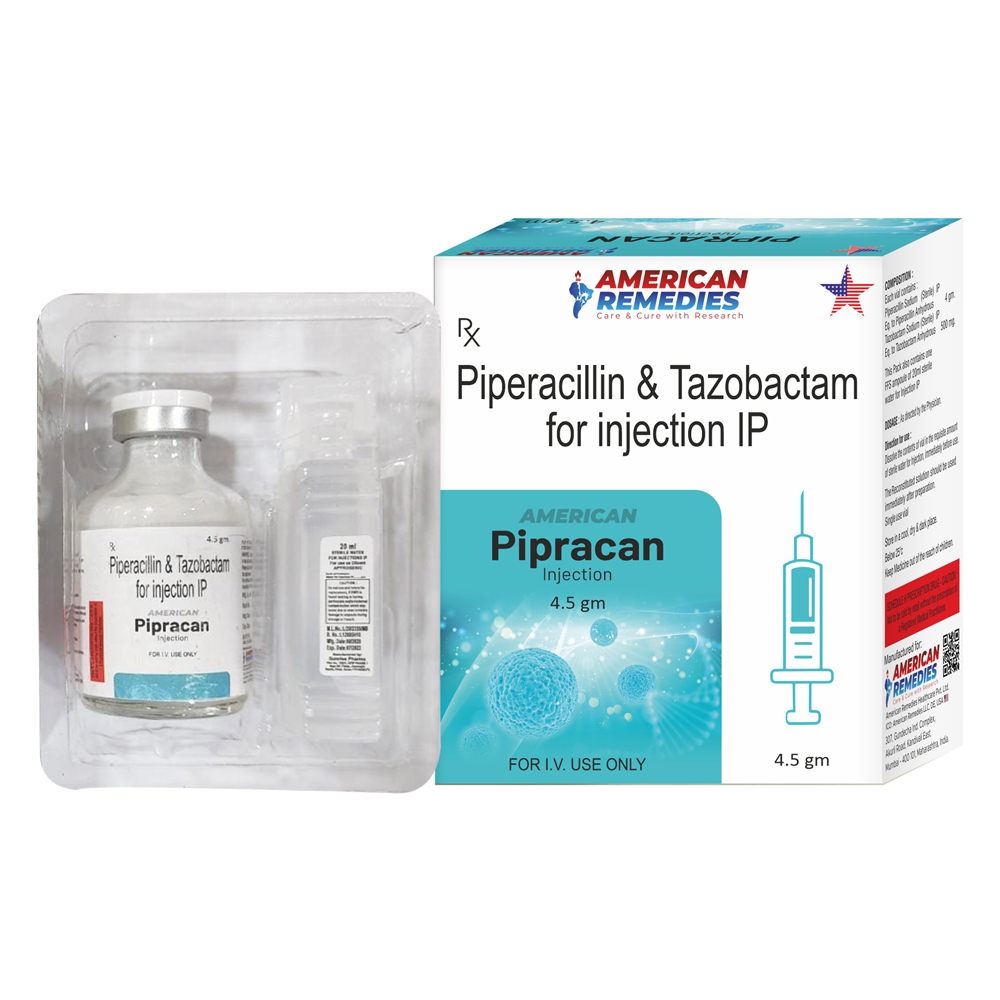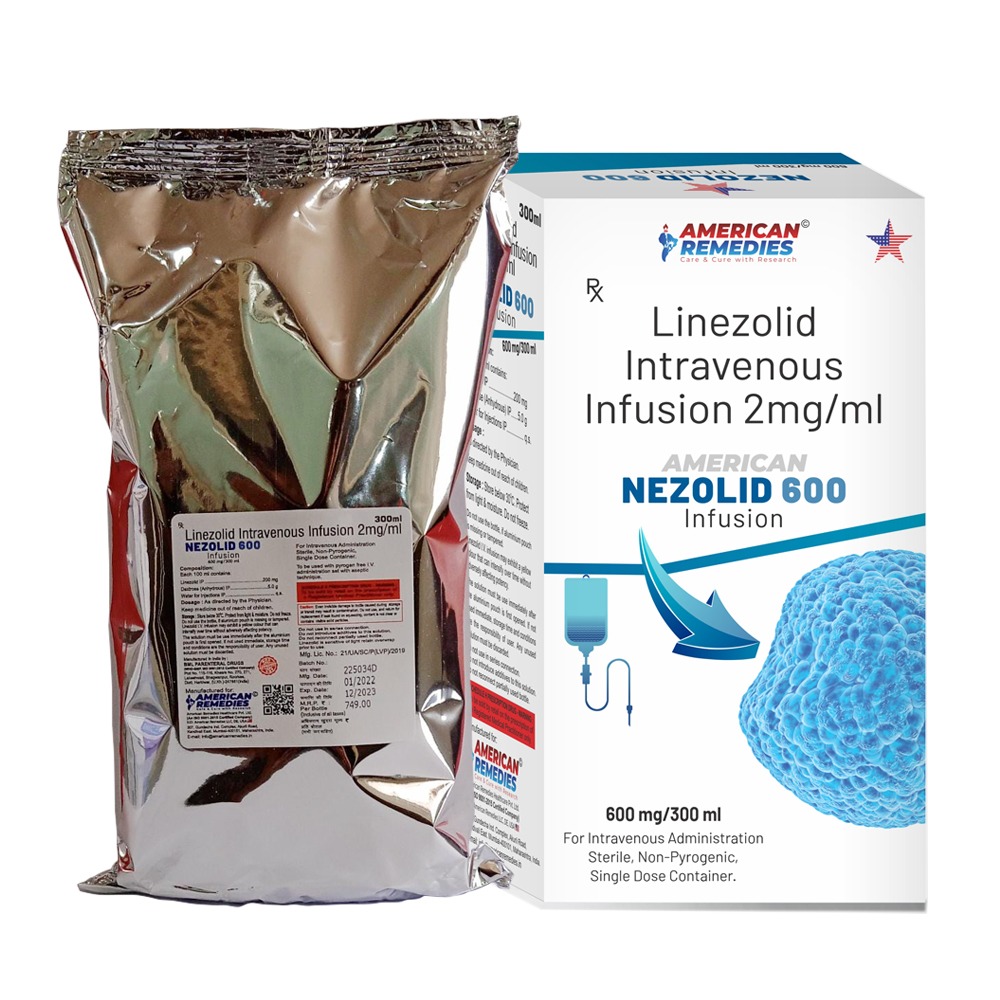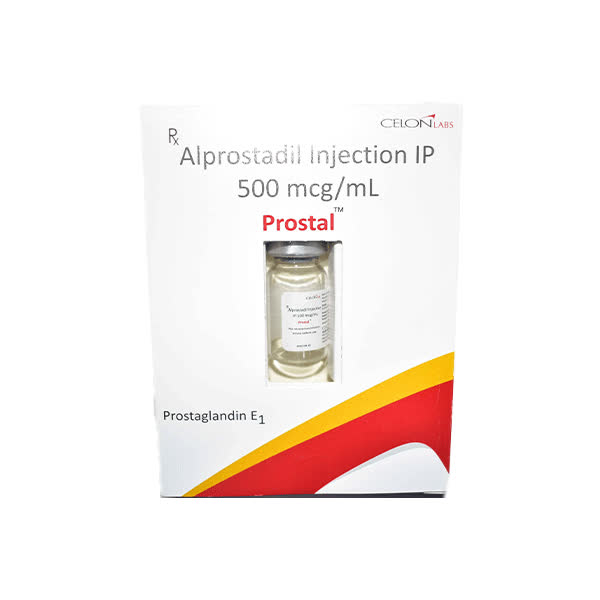Heart Disorder
Prostal 500mcg Injection
Salt Composition : Alprostadil
Manufacturer : CELON LABORATORIES LTD
Introduction to Prostal 500mcg Injection
Prostal 500mcg injection contains active components called Alprostadil. This medication is often used to treat ED in men with difficulty achieving or maintaining an erection. It may be used to improve blood flow in patients with peripheral arterial disease (PAD), a condition in which blood flow to the extremities (usually the legs) is reduced. In newborns with certain heart conditions, such as PDA, it can open a blood vessel called the ductus arteriosus. It can also be used in diagnostic tests to assess blood flow in specific body areas, such as during penile Doppler ultrasound studies to evaluate erectile function.
Individuals who have a known allergy or hypersensitivity to Alprostadil or any of its components should not use the medication. It should be avoided in men with penile implants or conditions that make penile injections unsafe, such as penile fibrosis, curvature, or priapism (prolonged erections). It should not be used in individuals with conditions predisposing them to priapism, such as sickle cell anemia, multiple myeloma, or leukemia. It should not be used in individuals who experience unexplained genital or pelvic pain, as it may indicate an underlying medical condition.
Individuals with bleeding disorders or those taking anticoagulant medications (blood thinners) should use Prostal 500mcg injection cautiously, as it may increase the risk of bleeding at the injection site. It should not be used concomitantly with alpha-blocker medications used to treat conditions like benign prostatic hyperplasia (BPH) and high blood pressure, as it can lead to severe low blood pressure. It should not be used in infants with congenital heart defects who have conditions that are worsened by increased blood flow to the lungs. It can be used in elderly patients, but caution may be required.
Uses of Prostal 500mcg Injection
Erectile dysfunction (ED)
Peripheral arterial disease (PAD)
Patent ductus arteriosus (PDA) in Infants
Diagnostic testing
Therapeutic Effects of Prostal 500mcg Injection
Prostal 500mcg injection binds to specific receptors on smooth muscle cells in blood vessels and various tissues. When it binds to these receptors, it triggers biochemical events that lead to vasodilation. It relaxes the smooth muscles in blood vessel walls, particularly in the penis, when used for erectile dysfunction. It involves promoting the relaxation of smooth muscle cells, improving blood flow to specific body areas, depending on its intended use.
Interaction of Prostal 500mcg Injection with other drugs
Inform the doctor about your medicines, including prescription, over-the-counter, nutritional or vitamin supplements, and herbal products. Certain medications may interact with Prostal 500mcg injection, reducing effectiveness by causing undesirable side effects.
More Information about Prostal 500mcg Injection
Store at room temperature below 20 to 25°C
Keep away from moisture, heat, and light.
It should not be frozen.
Keep away from children and pets.
How to consume Prostal 500mcg Injection
Prostal 500mcg injection can be administered via various routes, depending on the medical condition. For erectile dysfunction (ED), it can be injected directly into the penis (intracavernosal injection), applied topically to the penile tip (urethral application), or used as a urethral suppository.
Safety Advices for Prostal 500mcg Injection
Image Not Available Pregnancy
If you are pregnant or trying to become pregnant, it is important to talk to your doctor before taking Prostal 500mcg injection.
Image Not Available Breast Feeding
There is limited research on the safety of Prostal 500mcg injection in breastfeeding women. It is important to talk to your doctor before taking this medication.
Image Not Available Lungs
If you have lung diseases, talking to your doctor before taking Prostal 500mcg injection is important.
Image Not Available Liver
Prostal 500mcg injection is metabolized in the liver, so individuals with severe liver disease may require dose adjustments. Patients with liver problems should discuss their condition with their healthcare provider before using it.
Image Not Available Alcohol
It is unsafe to drink alcohol while taking Prostal 500mcg injection. Excessive alcohol consumption can increase the risk of certain side effects.
Image Not Available Driving
Prostal 500mcg injection can cause dizziness or fainting, especially if low blood pressure occurs. If you experience any side effects, consult your healthcare provider before taking it while driving.
Side Effects of Prostal 500mcg Injection
Prostal 500mcg injection causes some side effects like all medications, although not everyone will experience them.
Serious:
Priapism
Penile fibrosis
Allergic reactions
Low blood pressure
Cardiovascular effects
Bleeding
Common:
Send Message
